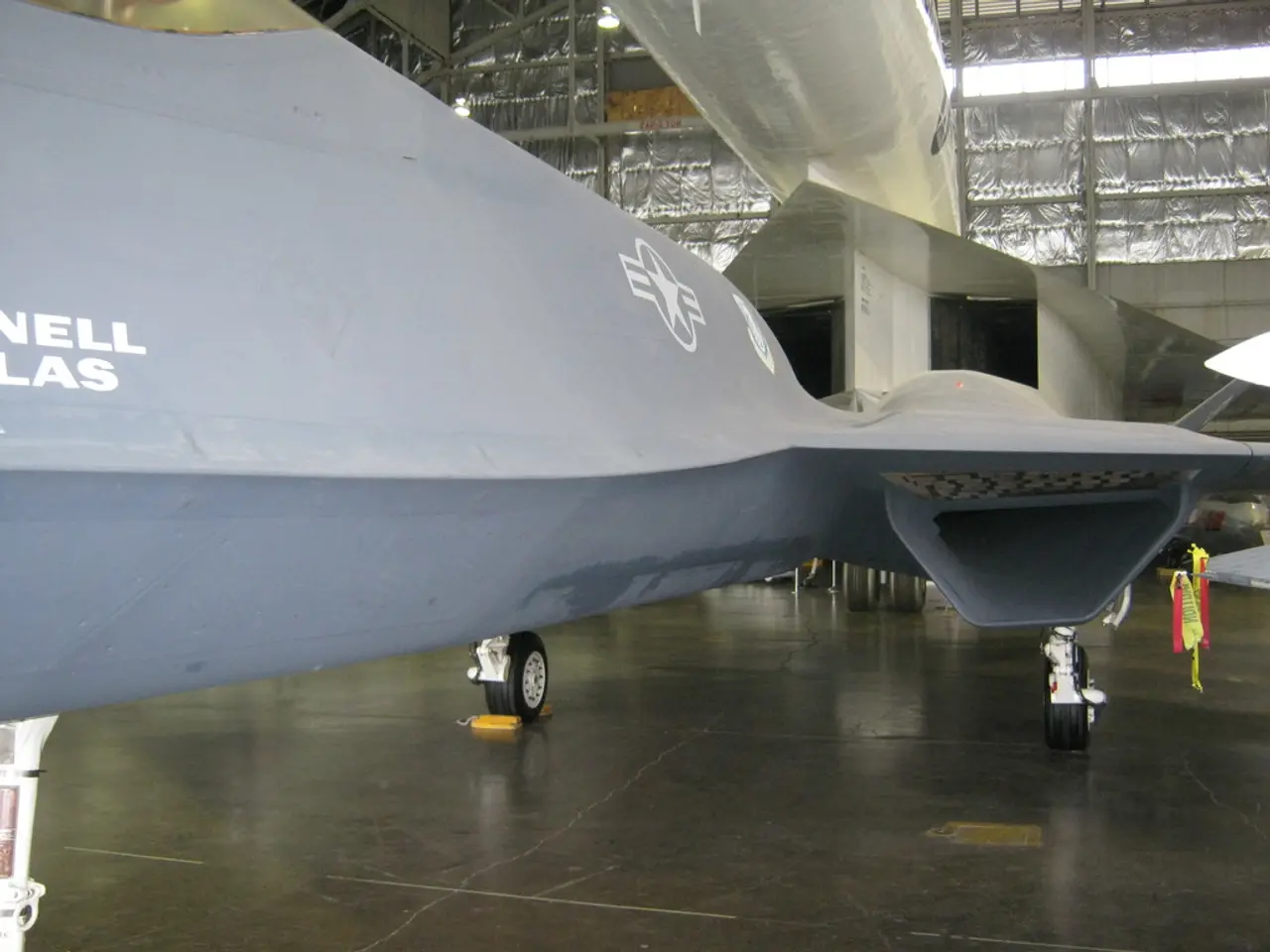Pivotal Moment in Air Travel: The Boeing 707's Contribution to Aviation Industry
The Boeing 707, a four-engine commercial jet produced by the Boeing Company between 1958 and 1991, remains an iconic figure in the aviation industry even today. During its production period, a total of 1,010 Boeing 707 aircraft were built to meet the needs of various airlines and military organizations worldwide.
Revolutionizing Air Travel
The Boeing 707 was the first commercially successful jetliner, marking a significant shift from propeller-driven aircraft. Its advanced technology, including radar, autopilot, and de-icing systems, made it faster, more efficient, and more comfortable than its predecessors.
One of the key innovations of the Boeing 707 was its jet engine technology. The aircraft's four engines provided greater speed, efficiency, and reliability, enabling it to fly at higher altitudes and above most weather conditions, reducing turbulence.
The 707's cabin was also pressurized, offering a more comfortable environment for passengers. This, combined with its longer range and fuel efficiency, made long-distance flights more feasible. The aircraft could carry more passengers at higher speeds, significantly reducing travel times and increasing passenger capacity.
Economic Impact
The Boeing 707's success helped establish Boeing as a major player in the aviation industry. Its popularity spurred the growth of the global airline industry by making air travel more accessible and affordable over time. The 707's legacy continues to inspire future generations of engineers and aviators.
The Boeing 707 played a significant role in the development of the global air travel industry. With a cruising speed of around 590-600 miles per hour, it revolutionized long-distance air travel and made it accessible to a much wider range of people.
In Service Today
Many Boeing 707 aircraft remain in use today, either as freighters or private jets. The legacy of the Boeing 707 continues to be felt in today's air travel industry, serving as a testament to its impactful role in the history of commercial aviation.
The Boeing 707 was designed to meet the growing demand for air travel in the 1950s and has since left an indelible mark on the industry. Its innovative features, such as jet engine technology, cabin pressurization, and fuel efficiency, have shaped the way we travel today.
In conclusion, the Boeing 707 was a game-changer in air travel, with its revolutionary features significantly impacting the industry. Its legacy continues to inspire and influence the aviation world, making it an essential part of the history of commercial aviation.
Technological advancements, such as jet engine technology, radar, autopilot, and de-icing systems, made the Boeing 707 a pioneer in the aviation industry.
The Boeing 707's legacy continues to be felt in today's air travel industry, as many of its innovations, including fuel efficiency and cabin pressurization, are still integral to modern aircraft designs.




